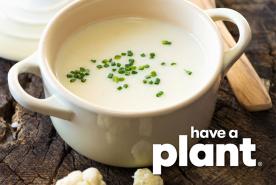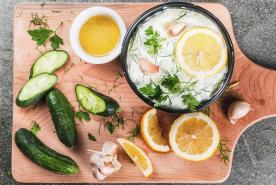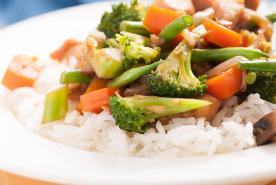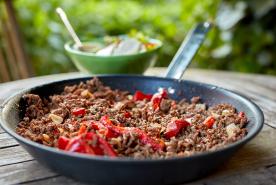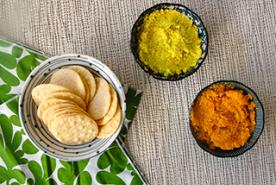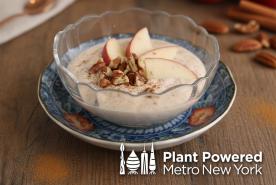Plant-based diets focus on whole grains, fruits, and veggies, while vegetarian diets exclude meat but may include dairy and eggs. Both can be healthy for kidney disease if planned carefully.
You may think that following a plant-based diet means you are a vegetarian. Not true. So what is the difference?
What is a vegetarian diet?
In simple terms, a vegetarian does not eat any meat, fish, or poultry. People usually choose to be vegetarians for religious, cultural, or ethical reasons. For example, a person might have concerns for animal welfare or feel that killing animals for food is unnecessary. Another may do so because they were raised in a culture or religion that believes animals are holy or sacred.
There are different types of vegetarian diets. Some combine plant-based diets with animal products such as eggs, milk, and honey. Others exclude all foods that have any animal products, including eggs, milk, and honey (called “vegan diets”). Some types of vegetarian diets allow fish, whereas others do not.
Is a vegetarian diet healthy? It can be. However, vegetarian diets allow you to eat processed and refined foods, fast foods, and even salty snack foods. This means foods made with white flour or refined sugar are allowed, including white rice or bread, sugary beverages, and even snack foods like cookies and potato chips. In other words, the goal isn’t necessarily health-based. The goal is eating meat-less foods without animal products. A person who excludes meat but lives mostly on refined grains (white rice and bread), canned vegetables and soups, fruit juices, and salty snacks is not eating healthy, even though they aren’t eating animal products.
Does this mean a vegetarian diet isn’t healthy? Not true. A vegetarian diet can be healthy as long as you plan your meals carefully, making sure you get enough important nutrients.
What is a plant-based diet?
With a plant-based diet, a person eats mostly whole grains, fresh fruits and vegetables, legumes (beans, peas, and lentils), unsalted nuts, and healthy oils like olive oil. You also stay away from processed foods (certain canned foods and soups and packaged meats), refined grains (white bread, white rice), snack-foods (potato chips, cookies) and sugar-sweetened beverages. Although meat, fish, poultry, and other animal products are allowed, they are eaten less often and only in small portions. People who choose a plant-based diet usually do it for health reasons rather than religious, cultural, or ethical concerns. Plant-based diets have been shown to have many health benefits, especially for heart health.
Can I follow a plant-based or vegetarian diet if I have kidney disease or kidney failure?
In years past, it was thought that having kidney disease and being a vegetarian was impossible to combine. But some recent scientific studies suggest otherwise. In fact, following a plant-based or vegetarian diet might have health benefits for people with kidney disease--if you know how to do it wisely. It may even help keep early kidney disease from getting worse.
Ask your healthcare team if a vegetarian or plant-based diet is right for you. Remember, there is no one diet that is right for everyone with kidney disease. What you can and cannot eat changes over time, depending on how much kidney function you have and whether you have other health problems, like diabetes or heart disease. Creating a meal plan that gives you the right nutrients in safe amounts is always important.









